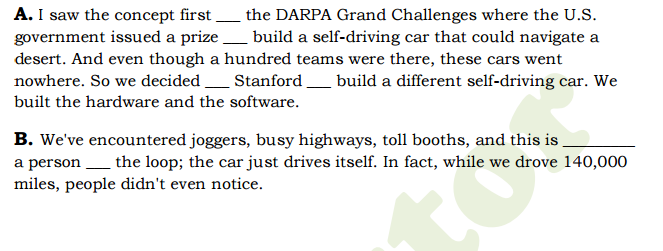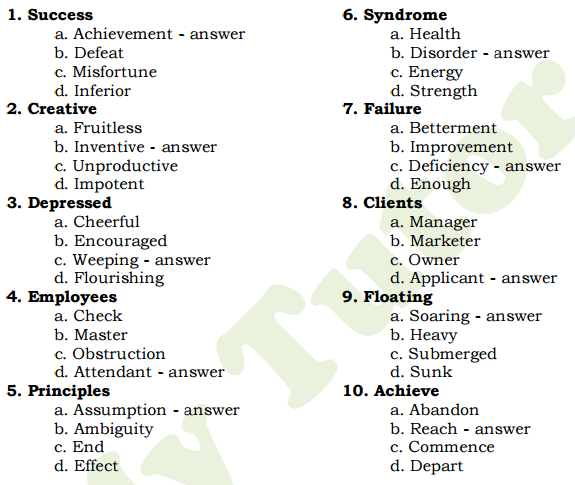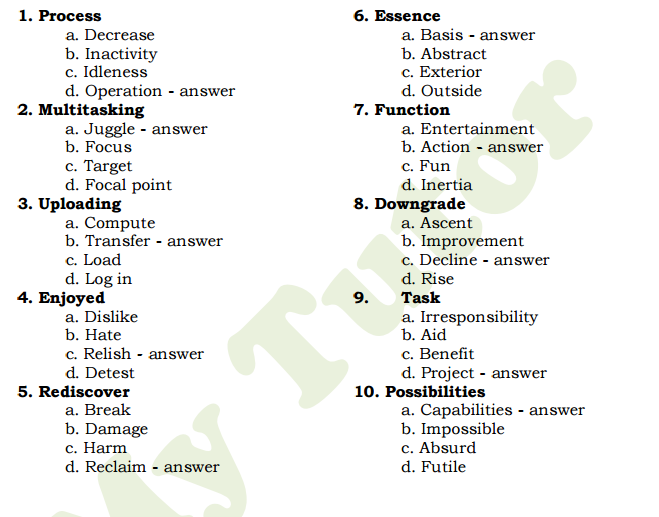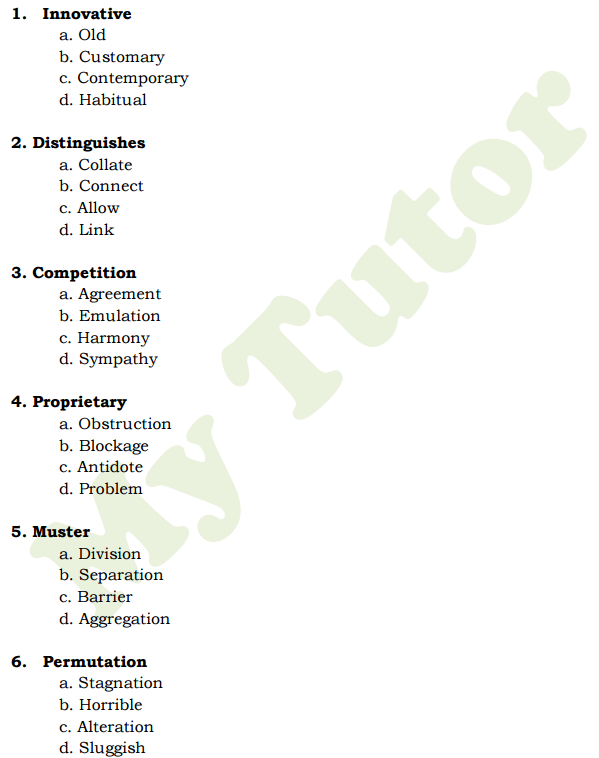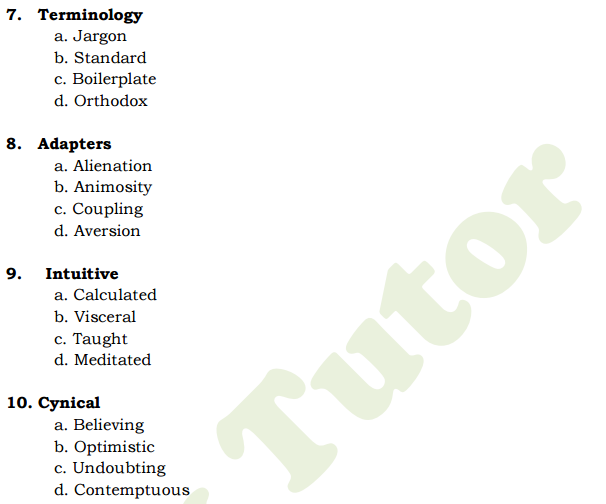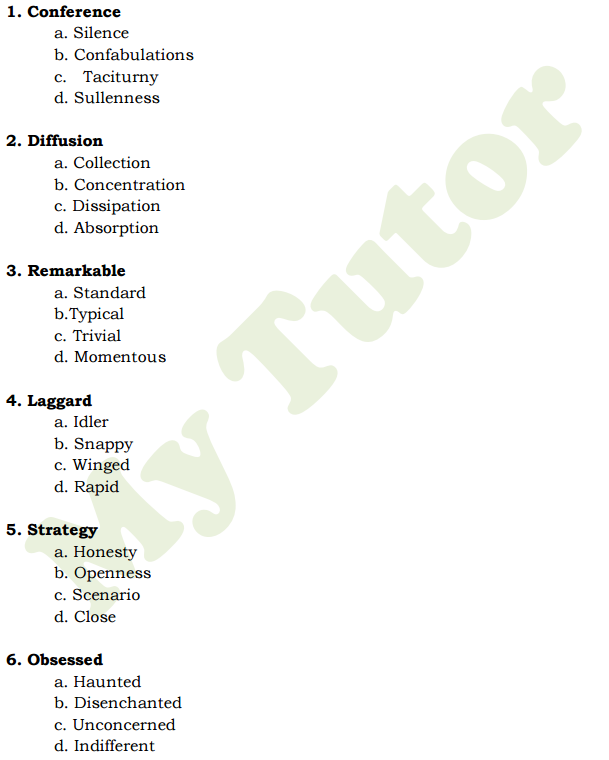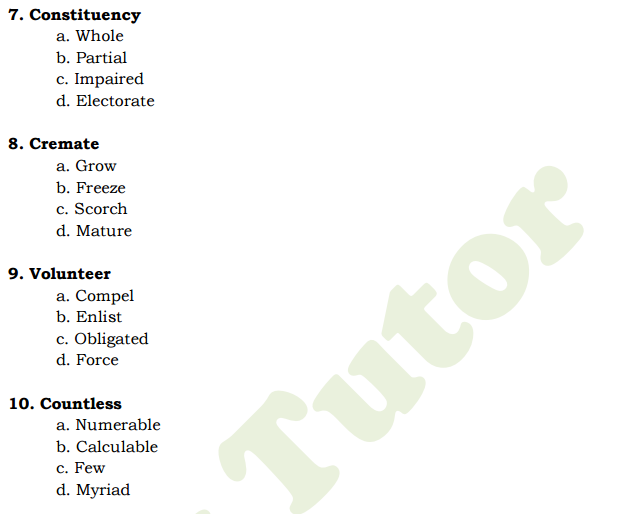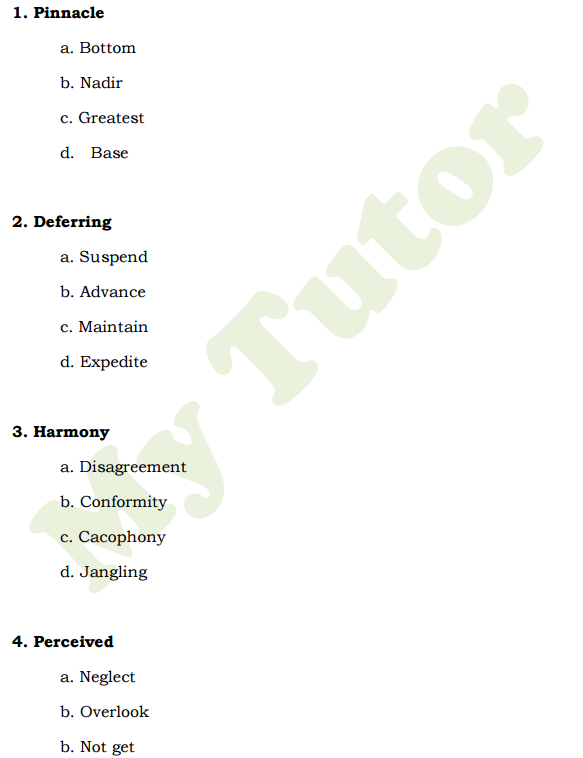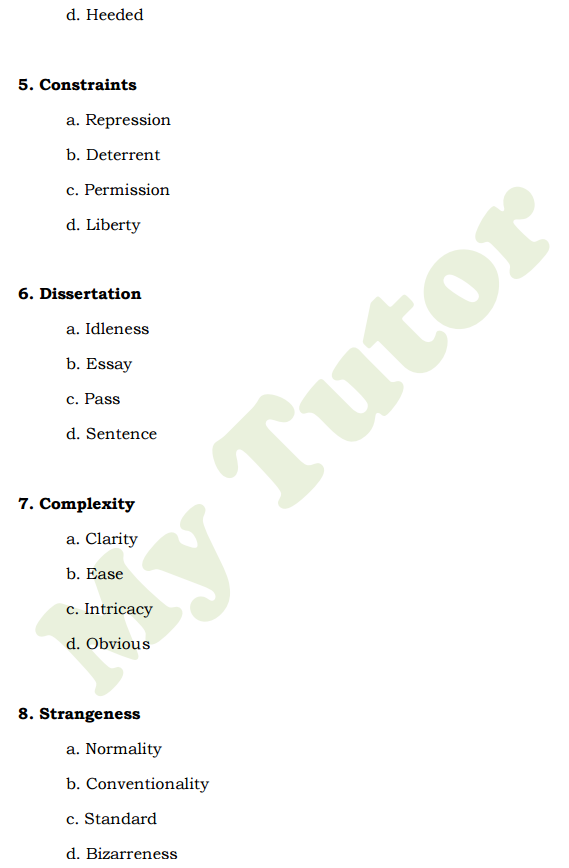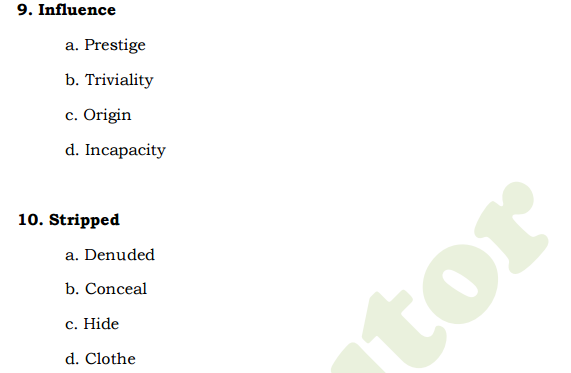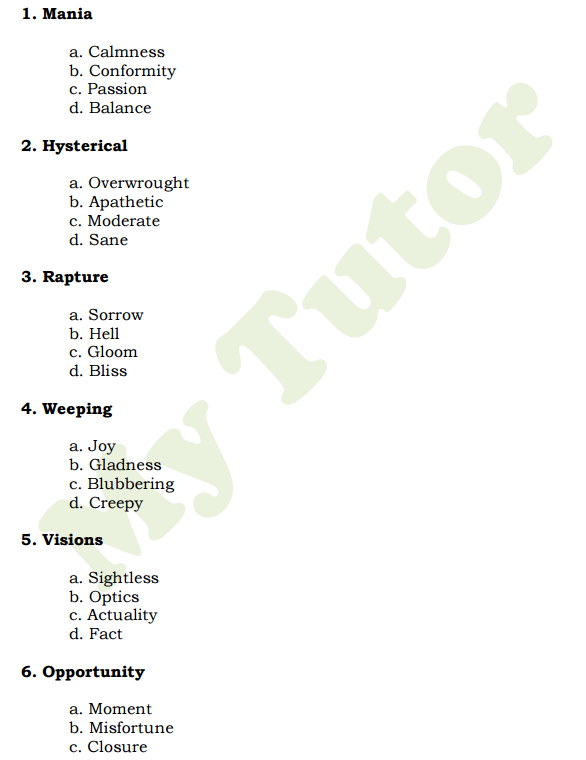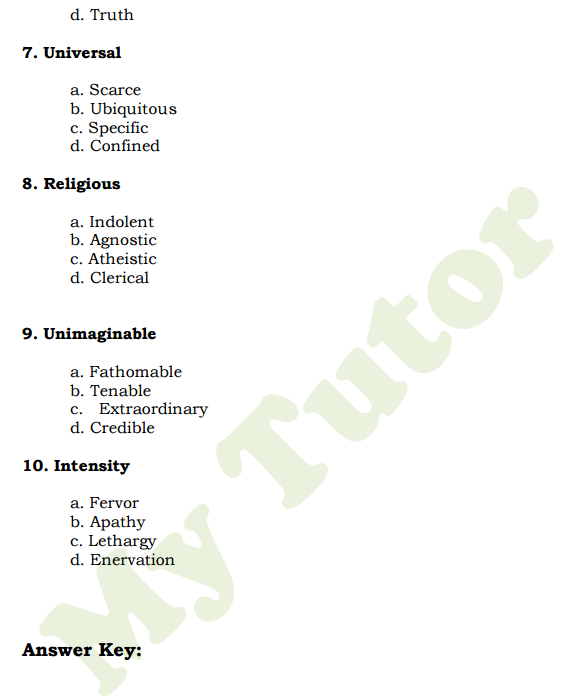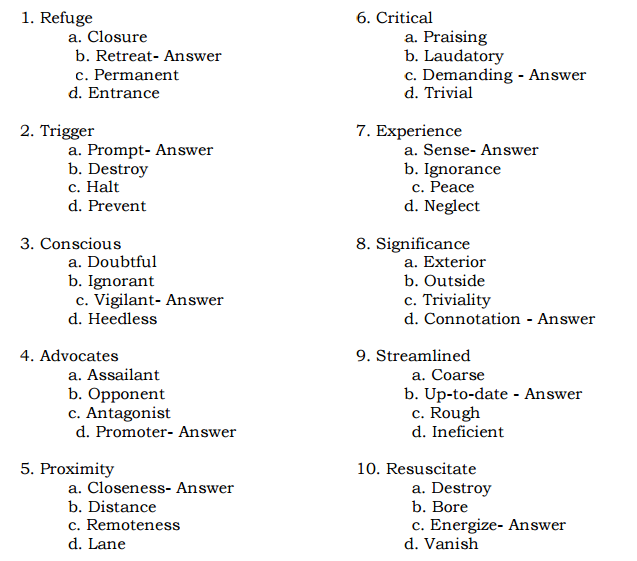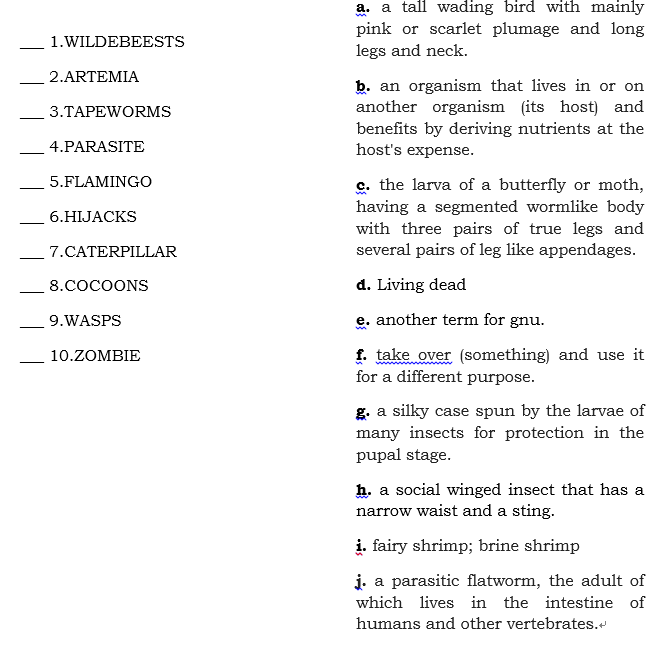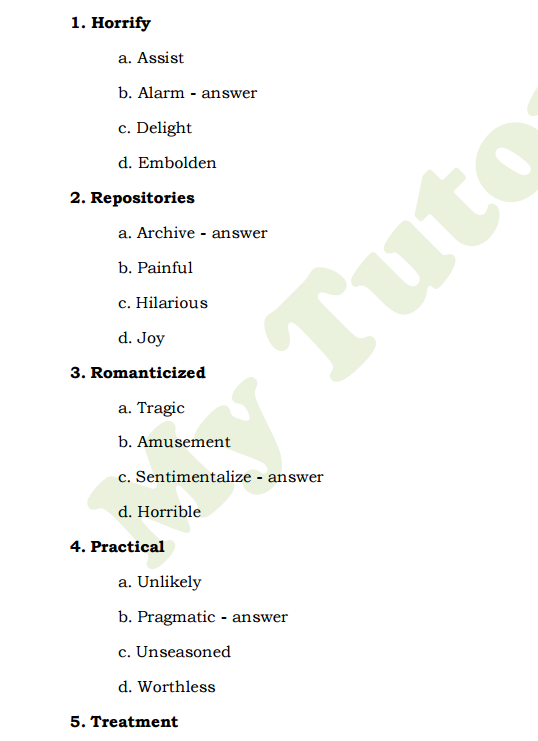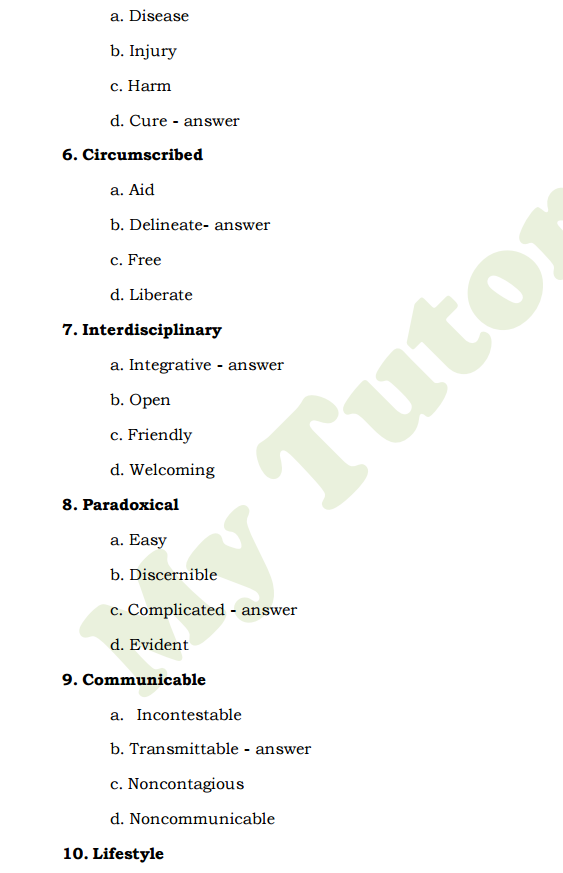2016年05月26日
Part 1 (Comprehension Questions with Sample Answer):
- What age did he lost his best friend to a car accident?
- What is DARPA?
- Tell me a summary of Sebastian Thrums Experience.
Part 2 (Express Yourself Questions):
- How old were you when you first learned to drive?
- Was there anything difficult about learning to drive?
- Can you drive a car?
- Can you drive a manual shift car?
- Do you have a car?
- If so, what kind of car do you have?
- What are the advantages of owning a car?
- What are the disadvantages of owning a car?
- Are you a good driver?
- Have you ever been in a car accident?
- Do you allow passengers to eat inside your car?
- What are the advantages/disadvantages of buying a secondhand car?
- Do you wash your car yourself or do you have it washed?
- Do you think that there is a relation between global warming and cars?
- Have you ever seen a “hybrid” car?
- What do you know about “hybrid” cars?
- Do you really think that car manufacturers are interested in global warming?
- How often do you need to get your car repaired?
- On what occasions do you honk your car horn?
- What do you think of international car-free days?
- Can you recall any memorable car drive in your life?
- What are the most frequent driving offenses?
- What factors are responsible for railway crossing accidents?
- According to insurance statistics women are better driver than men. Do you agree? 25. What do you think of car pooling?
Part 3 (Activity): PREPOSITIONS
